CSE welcomes 26 new faculty in 2023-24
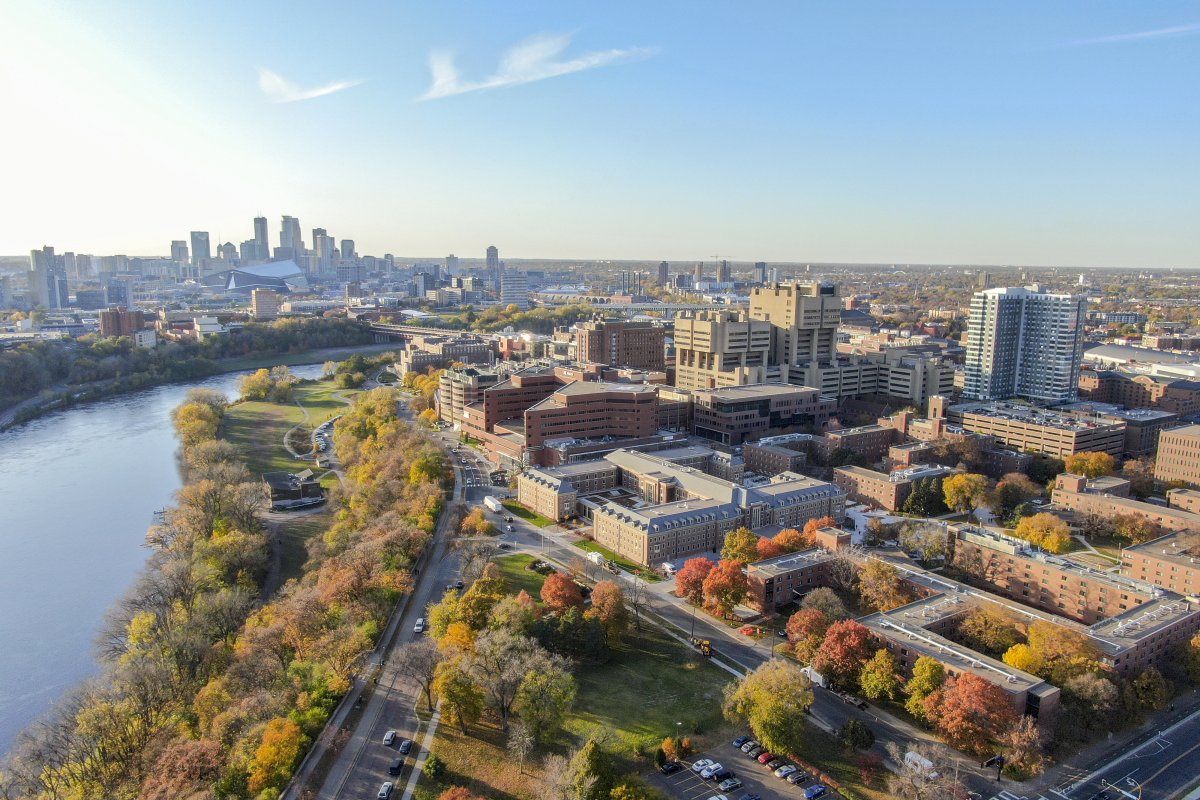
STEM experts from across the world join the University of Minnesota
The University of Minnesota College of Science and Engineering (CSE) welcomes 26 faculty members this 2023-24 academic year—on its way to achieving its goal to hire 60 faculty in three years.
The expertise of this new group of CSE researchers and educators is broad. They range in areas such as hybrid intelligence systems, the reconstruction of past environments and climates, electric machines and magnetic levitation, reinforced concrete structures, and mathematical models to predict the electronic properties of novel materials.
Meet our new science and engineering faculty:
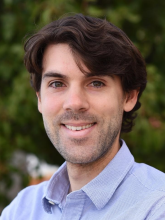
Rene Boiteau is an assistant professor of chemistry. He joins Minnesota from Oregon State University, where he held a joint faculty appointment in the Pacific Northwest National Laboratory. Boiteau earned a bachelor’s in chemistry at Northwestern University, a master’s in earth sciences at University of Cambridge, and a Ph.D. in chemical oceanography at Massachusetts Institute of Technology and Woods Hole Oceanographic Institution. Much of his work is focused on developing analytical chemical approaches, especially mass spectrometry.
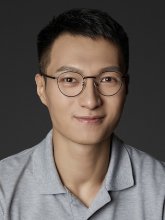
Zhu-Tian Chen is an assistant professor of computer science and engineering. He received his bachelor’s in software engineering from South China University of Technology and Ph.D. in computer science from Hong Kong University of Science and Technology. Prior to Minnesota, Chen served as a postdoctoral fellow at Harvard University and postdoctoral researcher at the University of California San Diego. His recent work focuses on enhancing human-data and human-AI interactions in both AR/VR environments—with applications in sports, data journalism, education, biomedical, and architecture.
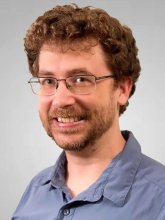
Gregory “Greg” Handy is an assistant professor of mathematics. He comes to Minnesota from the University of Chicago, where he was a postdoctoral scholar in the Departments of Neurobiology and Statistics. As an applied mathematician and theoretical biologist, Handy’s research strives to use biological applications as inspiration to create new mathematical techniques, and to combine these techniques with classical approaches to examine the mechanisms driving biological processes. This fall, he is teaching Math 2142: Elementary Linear Algebra.
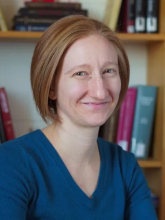
Jessica Hoover is a professor of chemistry. She joins the University of Minnesota from West Virginia University, where she has been a faculty member since 2012. Hoover’s interest in catalysis has been the focus of her work since her undergraduate studies. She graduated with a bachelor’s from Harvey Mudd College before arriving at the University of Washington to pursue her Ph.D. She was a postdoctoral researcher at the University of Wisconsin, Madison.
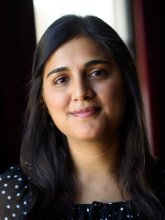
Harman Kaur is an assistant professor of computer science and engineering—and a University of Minnesota alumna (2016 bachelor’s in computer science). Her research areas are human-centered artificial intelligence, explainability and interpretability, and hybrid intelligence systems. She is affiliated with the GroupLens Research Lab, a group of faculty and students in her department that’s focused on human computing interaction. Prior to Minnesota, Kaur served as a graduate researcher in the interactive Systems Lab and comp.social Lab at the University of Michigan, where she received both her master’s and Ph.D.
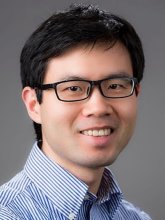
Yulong Lu is an assistant professor of mathematics. He joins the faculty from University of Massachusetts, Amherst. Lu received his Ph.D. in mathematics and statistics at the University of Warwick. His research lies at the intersection of applied and computational mathematics, statistics, and data sciences. His recent work is focused on the mathematical aspects of deep learning. This fall, Lu is teaching Math 2573H: Honors Calculus III to undergraduates and Math 8600: Topics in Applied Mathematics, Theory of Deep Learning to graduate students.
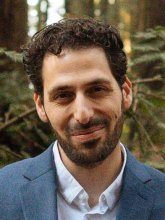
Ben Margalit is an assistant professor of physics and astronomy. As a theoretical astrophysicist, he studies the fundamental physics of star explosions, collisions and other examples of intergalactic violence such as a black hole passing near a galaxy and “shredding it to spaghetti.” As part of his job, Margalit works closely with observational astronomers in selecting the kinds of places to look for transient events. He holds bachelor’s and master’s degrees from the Hebrew University of Jerusalem, and a Ph.D. from Columbia University.
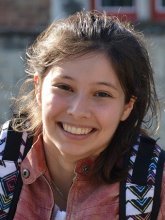
Maru Sarazola is an assistant professor of mathematics. She joins Minnesota from Johns Hopkins University, where she was a J.J. Sylvester Assistant Professor. Sarazola received her Ph.D. from Cornell University. Her research is focused on algebraic topology—specifically, her interest lies in homotopy theory (a field that studies and classifies objects up to different notions of "sameness") and category theory (“the math of math,” which looks to abstract all structures to study their behavior). This fall, she is teaching Math 5285H: Honors Algebra I.
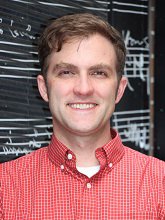
Eric Severson is an associate professor of mechanical engineering—and University of Minnesota alumnus (2008 bachelor’s and 2015 Ph.D. in electrical engineering). He returns to his alma mater after being on the University of Wisconsin-Madison faculty for six years. Severson leads research in electric machines and magnetic levitation, with a renewed focus in addressing grand challenges in energy and sustainability through multidisciplinary collaborations. His interests include extreme efficiency, bearingless machines, flywheel energy storage, and electric power grid technology.
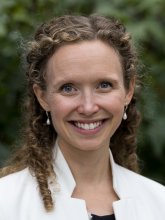
Kelsey Stoerzinger is an associate professor of chemical engineering and materials science. She was on the faculty at Oregon State University, with a joint appointment in the Pacific Northwest National Laboratory. She studies the electrochemical transformation of molecules into fuels, chemical feedstocks, and recovered resources. Her research lab designs materials and processes for the storage of renewable electricity. Stoerzinger holds a bachelor’s from Northwestern University, master’s from University of Cambridge, and Ph.D. from MIT.
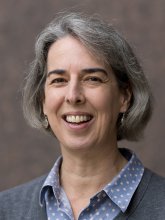
Lynn Walker is a professor—and the L.E. Scriven Chair in the Department of Chemical Engineering and Materials Science. Previously, she was on the faculty at Carnegie Mellon University. Her research focuses on developing the tools and fundamental understanding necessary to efficiently process soft materials and complex fluids. This expertise is being used to develop systematic approaches to incorporate sustainable feedstocks in consumer products. Walker holds a bachelor’s from the University of New Hampshire and Ph.D. from the University of Delaware. She was a postdoctoral researcher at Katholieke Universiteit Leuven in Belgium.
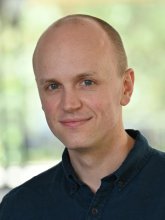
Alexander “Alex” Watson is an assistant professor of mathematics—and former University of Minnesota postdoctoral researcher in the School of Mathematics. Watson earned his Ph.D. at Columbia University. He works on mathematical models used to predict the electronic properties of materials, especially novel 2D materials such as graphene and twisted multilayer “moiré materials.” In summer 2022 and 2023, he presented at the U’s MathCEP Talented Youth Mathematics Program on topics related to materials research at the University of Minnesota.
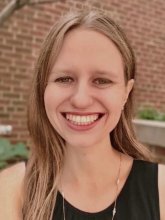
Anna Weigandt is an assistant professor of mathematics. She comes to Minnesota from the Massachusetts Institute of Technology, where she was an instructor. Weigandt completed her Ph.D. at the University of Illinois, and she was a postdoctoral assistant professor in the Center for Inquiry Based Learning at University of Michigan. She works in algebraic combinatorics, specifically Schubert calculus. This fall 2023, she is teaching Math 5705: Enumerative Combinatorics.
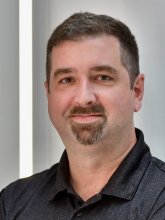
Michael Wilking is a professor of physics—and University of Minnesota alumnus (2001 bachelor’s in chemical engineering). He holds a master’s and Ph.D. from the University of Colorado. Prior to his return to the Twin Cities campus, Wilking served on the faculty at Stony Brook University. He completed his post-doc at TRIUMF, Canada's national particle accelerator center. Wilking was part of the Stony Brook research team honored with the 2016 Breakthrough Prize in Fundamental Physics.
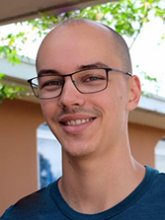
Benjamin "Ben" Worsfold is an assistant professor of civil engineering—and a licensed professional engineer in both California and Costa Rica. His research interest lies in large-scale structural testing, finite element analysis of reinforced concrete structures, and anchoring to concrete. Worsfold earned his master’s and Ph.D. from the University of California, Berkeley, and bachelor’s from the University of Costa Rica.
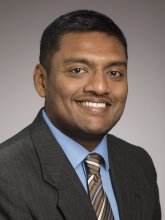
Yogatheesan Varatharajah is an assistant professor of computer science and engineering—and a visiting scientist in neurology at the Mayo Clinic. His research lies broadly in machine learning for health. Varatharajah earned his master’s and Ph.D. from the University of Illinois Urbana-Champaign. Prior to Minnesota, he was a research assistant professor of bioengineering at the University of Illinois and faculty affiliate for the Center for Artificial Intelligence Innovation with the National Center for Supercomputing Applications.
Starting in January 2024:
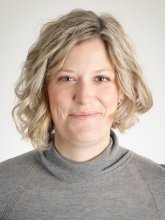
Emily Beverly is an incoming assistant professor of earth sciences. Prior to joining the University of Minnesota, she was on the faculty at University of Houston. She earned a bachelor’s from Trinity University, a master’s from Rutgers University, and a Ph.D. from Baylor University. Beverly was a postdoctoral researcher at Georgia State University and University of Michigan. Her research focuses on understanding environmental drivers of human and hominin evolution. Beverly uses stable isotopes and geochemistry to answer questions about past and future climates with a firm foundation in sedimentary geology and earth surface processes.
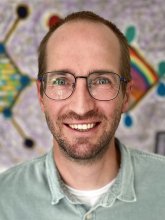
Alexander “Alex” Grenning is an assistant professor of chemistry. He comes to Minnesota from the University of Florida, where he was a tenured faculty. Grenning earned a bachelor’s in chemistry and music from Lake Forest College, and a Ph.D. in organic chemistry from the University of Kansas. He was a postdoctoral researcher at Boston University. His work is focused on chemical synthesis and drug discovery.
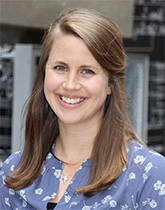
Rachel Gelhar is an incoming assistant professor of mechanical engineering. Her research focuses on developing and implementing nonlinear model-based control strategies for powered prosthetic legs, to improve generalizability of control methods across prosthesis users. She earned a B.S. 2016, Mechanical Engineering, University of St. Thomas., and both a master’s and Ph.D. in mechanical engineering from California Institute of Technology.
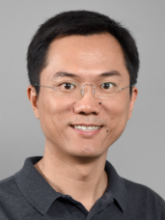
Yu Cao is an incoming professor of electrical and computer engineering. Prior to Minnesota, Cao was a professor at Arizona State University. He holds a bachelor’s in physics from Peking University and a master’s in biophysics plus a Ph.D. in electrical engineering and computer sciences from the University of California-Berkeley. His research includes neural-inspired computing, hardware design for on-chip learning, and reliable integration of nanoelectronics. Cao served as associate editor of the Institute of Electrical and Electronics Engineers’s monthly Transactions on CAD.
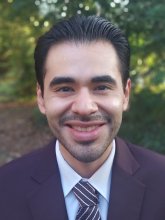
Edgar Peña is an incoming assistant professor of biomedical engineering—and a University of Minnesota alumnus (2017 Ph.D. in biomedical engineering). He is a neuromodulation scholar who is interested in vagus nerve stimulation. Peña earned his bachelor’s degrees in electrical engineering and biomedical engineering from the University of California, Irvine. During his doctoral studies at the University of Minnesota Twin Cities, he used computational models to optimize deep brain stimulation.
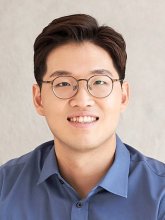
Seongjin Choi is an incoming assistant professor of civil engineering. He received his bachelor’s, master’s, and Ph.D. from the Korea Advanced Institute of Science and Technology. He was a postdoctoral researcher at McGill University. His work involves using data analytics to draw valuable insights from urban mobility data and applying cutting-edge AI technologies in the field of transportation.
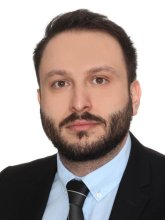
Pedram Mortazavi is an incoming assistant professor of civil engineering—and a licensed structural engineer in Canada. His interests lie in structural resilience, steel structures, large-scale testing, development of damping and isolation systems, advanced simulation methods, and hybrid simulation. Mortazavi holds a bachelor’s from the University of Science and Culture in Iran, a master’s from Carleton University in Ottawa, and Ph.D. from the University of Toronto.
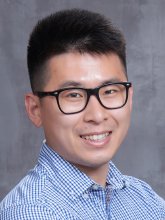
Gang Qiu is an incoming assistant professor of electrical and computer engineering. He received his bachelor’s degree from Peking University in microelectronics and his Ph.D. in electrical and computer engineering from Purdue University. (He is currently a postdoctoral researcher at the University of California, Los Angeles.) Qiu’s research focuses on novel low-dimensional materials for advanced electronics and quantum applications. His current interest includes employing topological materials for topological quantum computing.
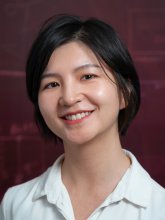
Qianwen Wang is an incoming assistant professor of computer science and engineering. She received her bachelor’s from Xi’an Jiao Tong University and her Ph.D. from Hong Kong University of Science and Technology. Prior to Minnesota, Wang served as a post-doctoral researcher at Harvard University in the Department of Biomedical Informatics. As a visualization researcher, she created interactive visualization tools that enable humans to better interpret AI and generate insights from their data.
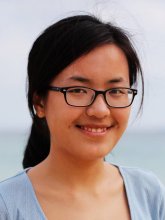
Katie (Yang) Zhao is an incoming assistant professor of electrical and computer engineering. Her research interest resides in the intersection between Domain-Specific Acceleration Chip and Computer Architecture. In particular, her work centers around enabling AI-powered intelligent functionalities on resource-constrained edge devices. Zhao received her bachelor’s and master’s from Fudan University, China, and Ph.D. from Rice University. (She is currently a postdoctoral researcher at Georgia Institute of Technology.)
If you’d like to support faculty research in the University of Minnesota College of Science and Engineering, visit our CSE Giving website.
